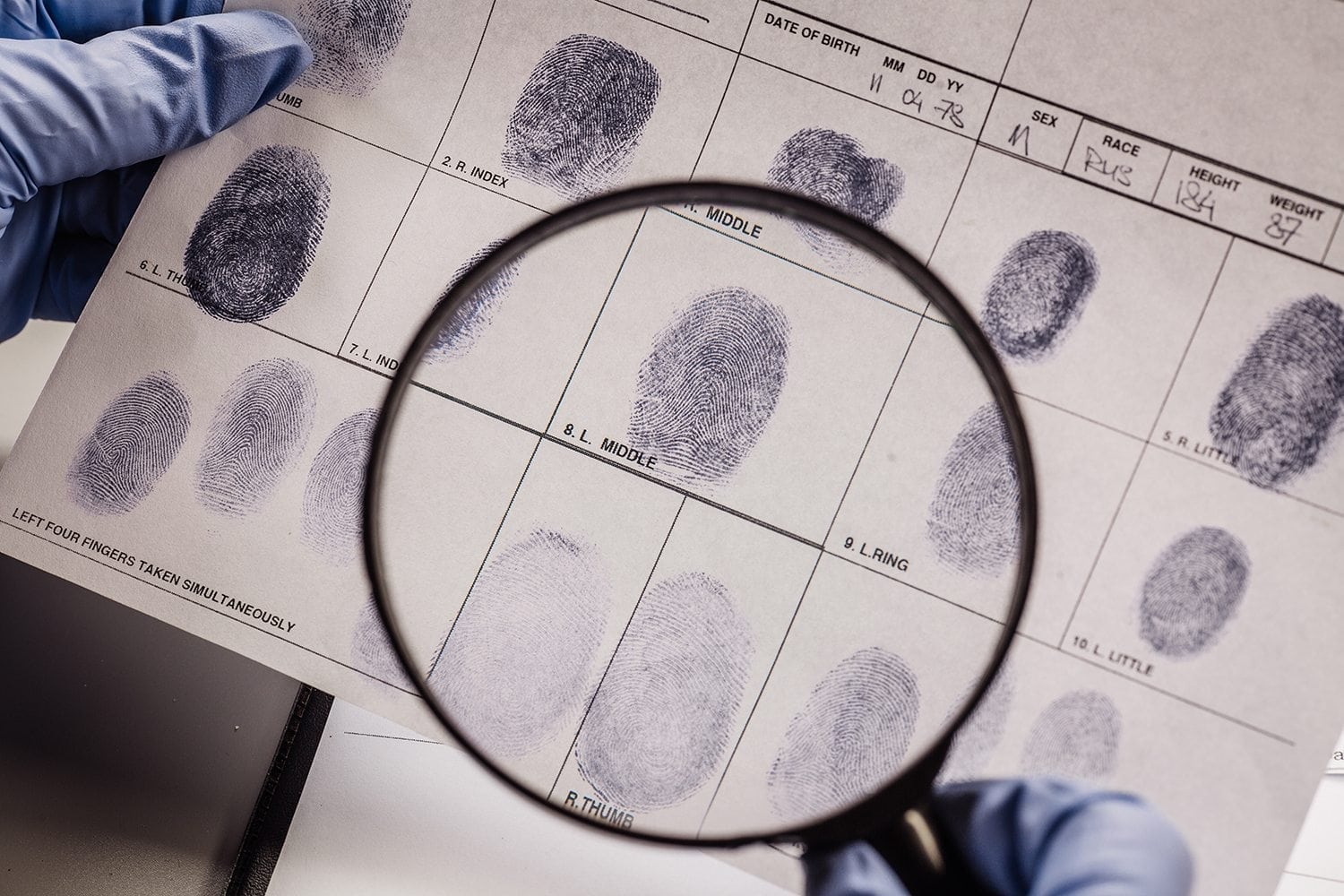
You’re coming to the end of your time at school and, in a few months, you’ll have a criminology degree. What next? You’ve enjoyed your studies and want to do something related to what you’ve learned over the past few years. Or maybe you’re looking to go choose a college course, and you really want to do criminology – but you want to be sure you’re making the best decision for your career prospects. What can you do after your studies?
There are many jobs you can do with a criminology degree at any level, so you don’t need to be concerned about your job prospects once you graduate. Here are just some of the many jobs you could look forward to in the future.
How to qualify
If you’re looking to have a career in criminology, and hope to get more responsibility and seniority, then your first step will be to get a bachelor of arts (BA) degree in criminology. Many colleges will be able to offer you courses, so you’ll have a wide choice from which you can pick.
If you think you’ll need to move away to attend a college course, you won’t have to. You can get your criminology degree online, which means you can fit in your classes around your schedule if you still need to work or have other commitments at home that mean you may not be able to attend any face-to-face classes regularly at a college site.
If you’ve already got your BA, your options don’t end there. You could think about graduate degrees in any area within criminology (or other similar subjects) and specialize further, which may lead to you being considered for more senior positions later on such as the following jobs.
Criminologist
A criminologist will spend their time gathering data and information from many sources, analyze statistics and formulate hypotheses about people’s behavior and social issues in relation to their criminal activity. So you’ll be using the research skills you learned during your college years, understanding different types of data and writing reports and policy proposals.
You will also need to interview a number of different people during your time as a criminologist. They can range from convicted criminals to community leaders to families. You’ll also need to know about public policy since you’ll more than likely be working for the public sector as well as the potential to be working alongside security departments, law enforcement agencies, and politicians.
You’ll need to get on-the-job experience before you can work as a criminologist, so start with volunteer or intern roles as soon as you can. Once you start working with a senior criminologist, you’ll need to get about three to five years’ experience before you can make to jump up from junior criminologist and work without supervision.
Forensic scientist
Your degree in criminology means you will have a social science qualification, but the skills you’d have picked up will be able to be transferred across to the field of forensic science if that is your interest. You’ll need to be methodical, detailed, and accurate in this role, and be able to determine what information is relevant for the case.
You may also need to go to a crime scene to gather evidence and document certain pieces of information for analysis later on. You might then have to perform some tests but, with the results, you’ll have to look at that and write concise reports on your findings.
Police officer
You don’t need a criminology degree to become a police officer – but it will help. This may depend on what your ultimate career goals may be, as the minimum qualification requirements to become an officer will be a high school diploma or general equivalency diploma (GED).
If you’re looking to work for certain law enforcement departments (such as the FBI, for example), then you will be considered more favourably when applying for these roles if you have a bachelor’s degree. Your degree will put you in good stead if you want to climb the ranks and get a better salary and be promoted. Having a degree with a relevant subject will mean you can apply your course skills in the real world, such as researching and analyzing information.
Lawyer
Having a degree in a social science, such as criminology, will put you in a great position if you’ve got your sights on becoming a lawyer later in your career. Your knowledge in this area will mean you will have a better understanding of how human societies work, which will be more than useful once you start gaining experience within this area.
Working as a lawyer will be challenging but rewarding, as you use the judicial system to the extent of the law. There are many different areas in which you will be able to practice, so you can look into specializing in a subject that best suits you.
Once you’ve got your bachelor’s degree, you will need to go to law school – but you’ll need to pass the admissions test before you can apply. You’ll then spend three years working hard towards preparation for your state bar exam which, once you’ve passed, means you’ll be able to practice law.
Private investigator
Although you don’t need any formal education beyond getting your high school diploma to be a private investigator (PI), most will have had some form of training or experience from previous roles. This could be through positions in the police or military. As well as getting the correct license to practice in the state you are in, a private investigator will also need to know about the local, state and federal laws to be effective in their role.
A PI will work directly with businesses, lawyers, and even individuals on investigations, which may be about legal, financial or personal matters. This will mean spending time doing surveillance, conducting interviews and using various items of equipment to get relevant information for the investigation.

